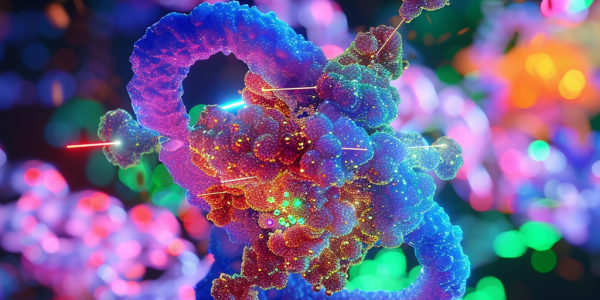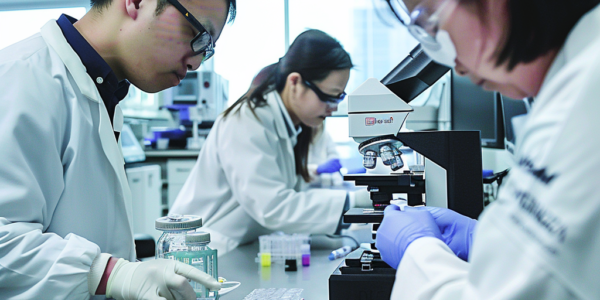New Strategy Targets Aurora-A Protein for Advanced Cancer Treatment
A groundbreaking study from the University of Birmingham reveals a novel strategy to target the Aurora-A protein in cancer treatment. By focusing on inhibiting the Aurora-A and TACC3 interaction, researchers have discovered a peptidomimetic approach that preserves Aurora-A’s function while potentially reducing toxicity. This innovative research could lead to more effective and safer cancer therapies, highlighting the importance of targeting protein-protein interactions in cancer drug development.
Revolutionary Photocatalytic Method Transforms Furans into Pyrroles, Advancing Drug Discovery
A groundbreaking photocatalytic technique has been developed that efficiently converts furans into pyrroles, revolutionizing synthetic chemistry and drug discovery. This innovative method allows for atom exchange in a single step under milder conditions, overcoming the limitations of traditional methods. Researchers from South Korea have pioneered this approach, enhancing the practicality of furan-to-pyrrole conversions and potentially accelerating the development of new pharmaceuticals.
Novel Approach to Targeted Protein Degradation Unveiled in Recent Study
Discover the groundbreaking study in Nature introducing a novel approach to targeted protein degradation through intramolecular bivalent glues (IBGs). The research, led by Oliver Hsia and Matthias Hinterndorfer, unveils the mechanism of action of IBGs and their potential to enhance surface complementarity with E3 ligases for productive ubiquitination and degradation. This advancement could revolutionize drug development and lead to the creation of more effective targeted protein degraders with broad therapeutic applications.



